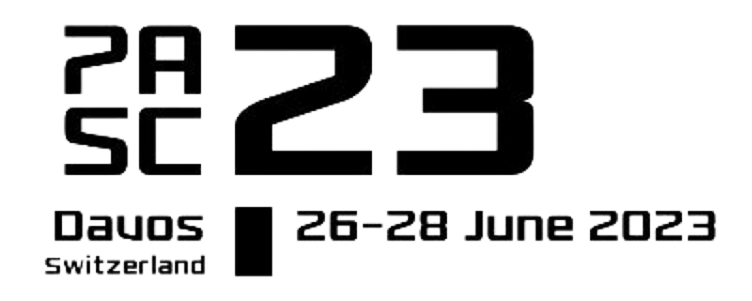Presentation
Deep Learning-Based Reduced Order Modeling for Microcirculation in Vascular Networks
Presenter
DescriptionPhysics-based models describing biological phenomena in mathematical terms usually rely on numerical simulations to derive physically interpretable biomarkers, ultimately supporting decisions in clinical treatments. Calibrating model parameters in this context requires a suitable combination of uncertainty quantification tools and efficient numerical solvers capable of repeated simulations in very rapid times. In this talk we focus on the use of recently established Deep Learning-based reduced order models (DL-ROMs) for the efficient approximation of the parameter-to-solution map of parametrized partial differential equations in the case of perfusion models, ultimately aiming at the personalized treatment planning of radiotherapy for oncological patients. In this scenario, we rely on Tumor Control Probability (TCP) models, that exploit the relationship between oxygen partial pressure and resistance to radiation to estimate the probability of tumor eradication, aiming at the approximation of maps from a set of model parameters (such as, e.g., the permeability of the blood vessels and the topology of the vascular network) to the oxygen partial pressure. To properly account for the impact of the topology of the microvascular network on the oxygen distribution in the tissue, we rely on DL-ROMs and newly introduced mesh-informed neural network architectures, offering the possibility to handle geometrical information efficiently.
TimeTuesday, June 2712:30 - 13:00 CEST
LocationSanada I
Session Chair
Event Type
Minisymposium
Life Sciences

